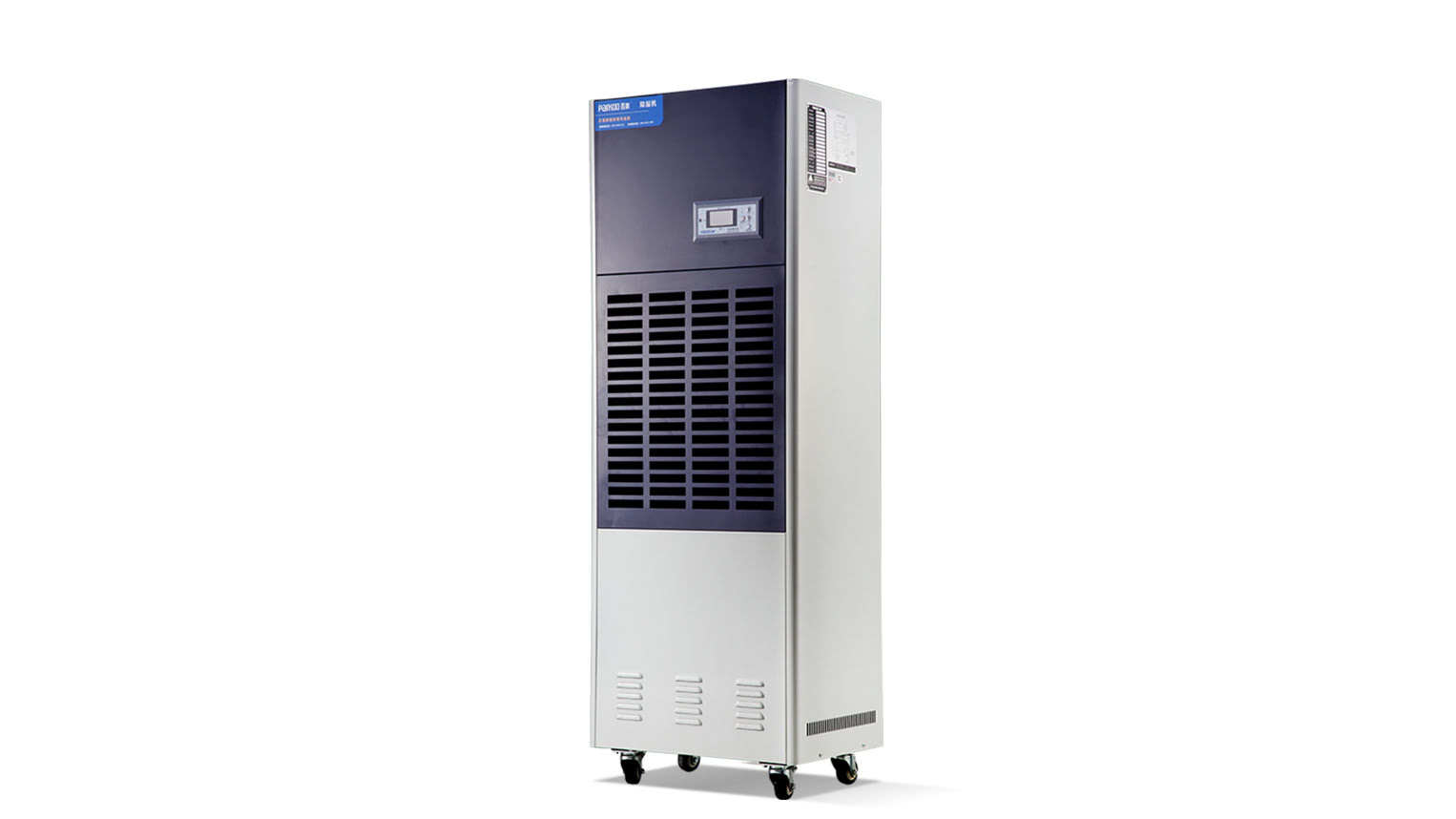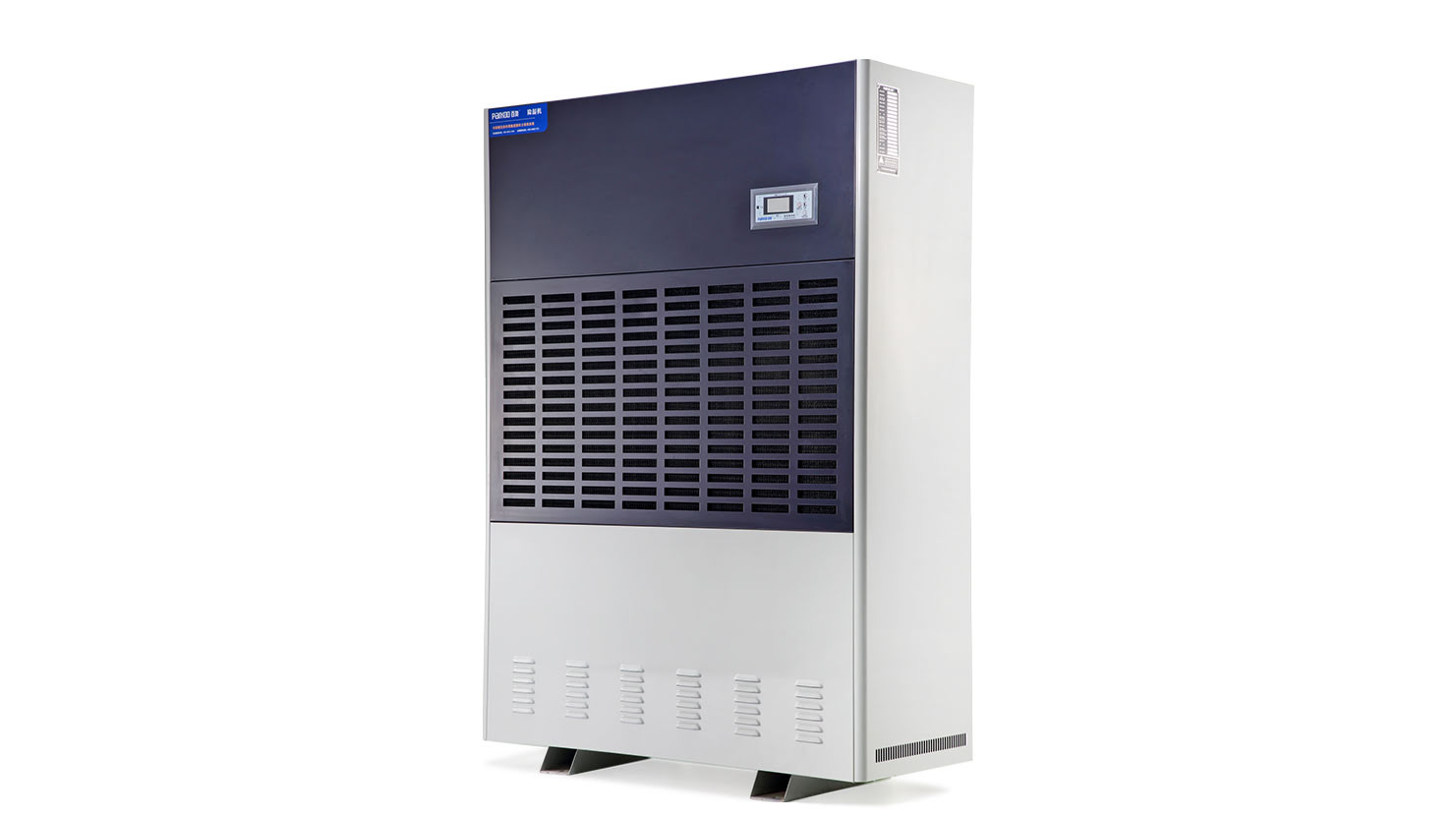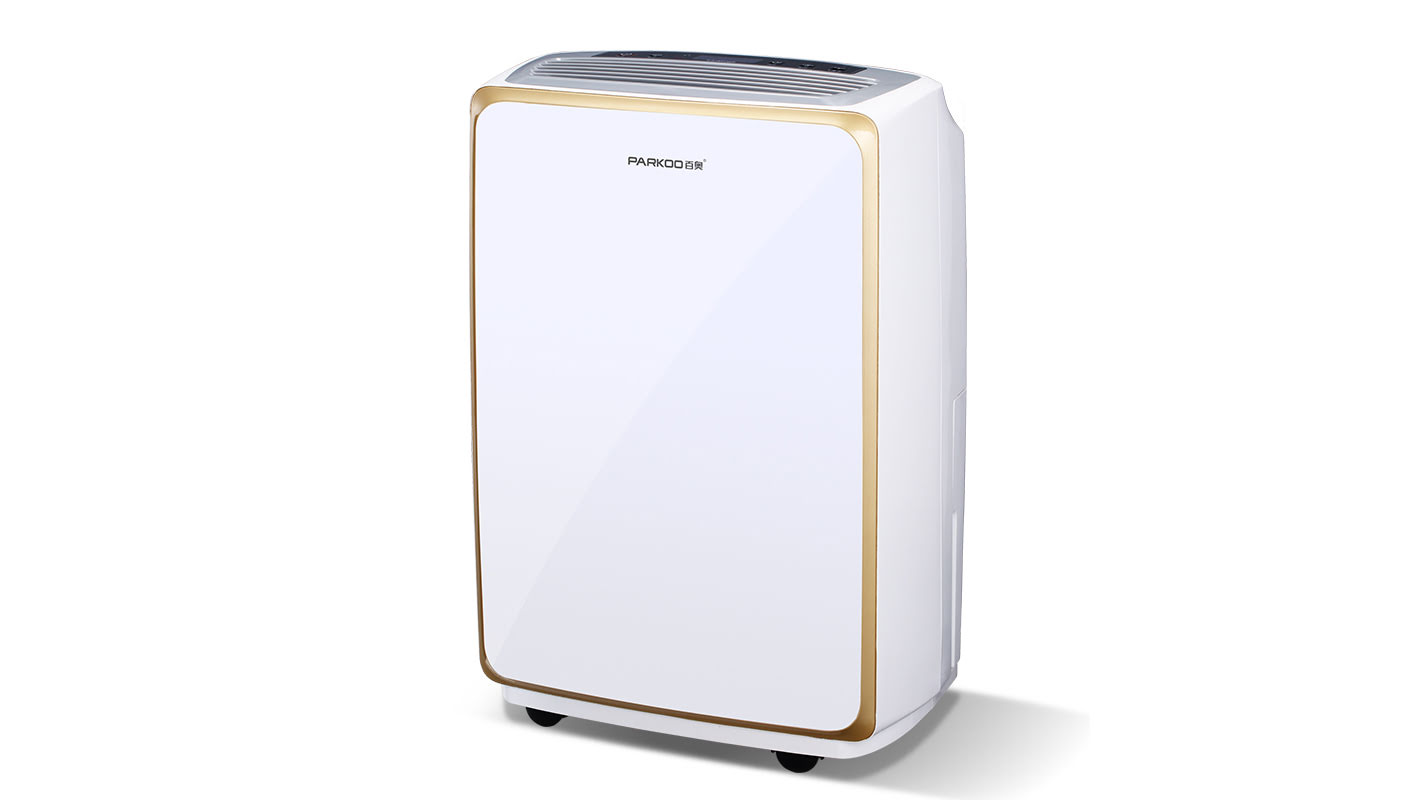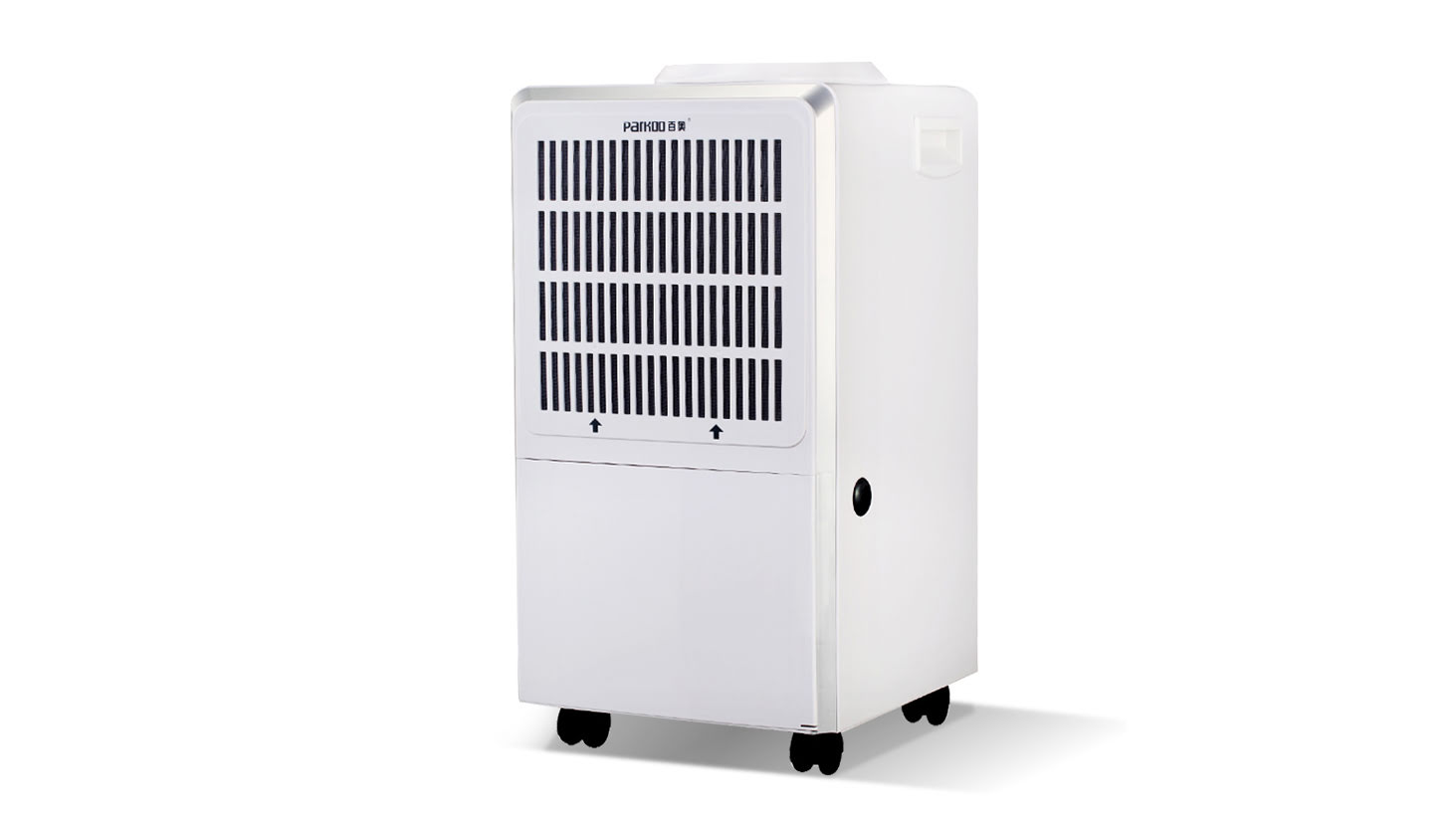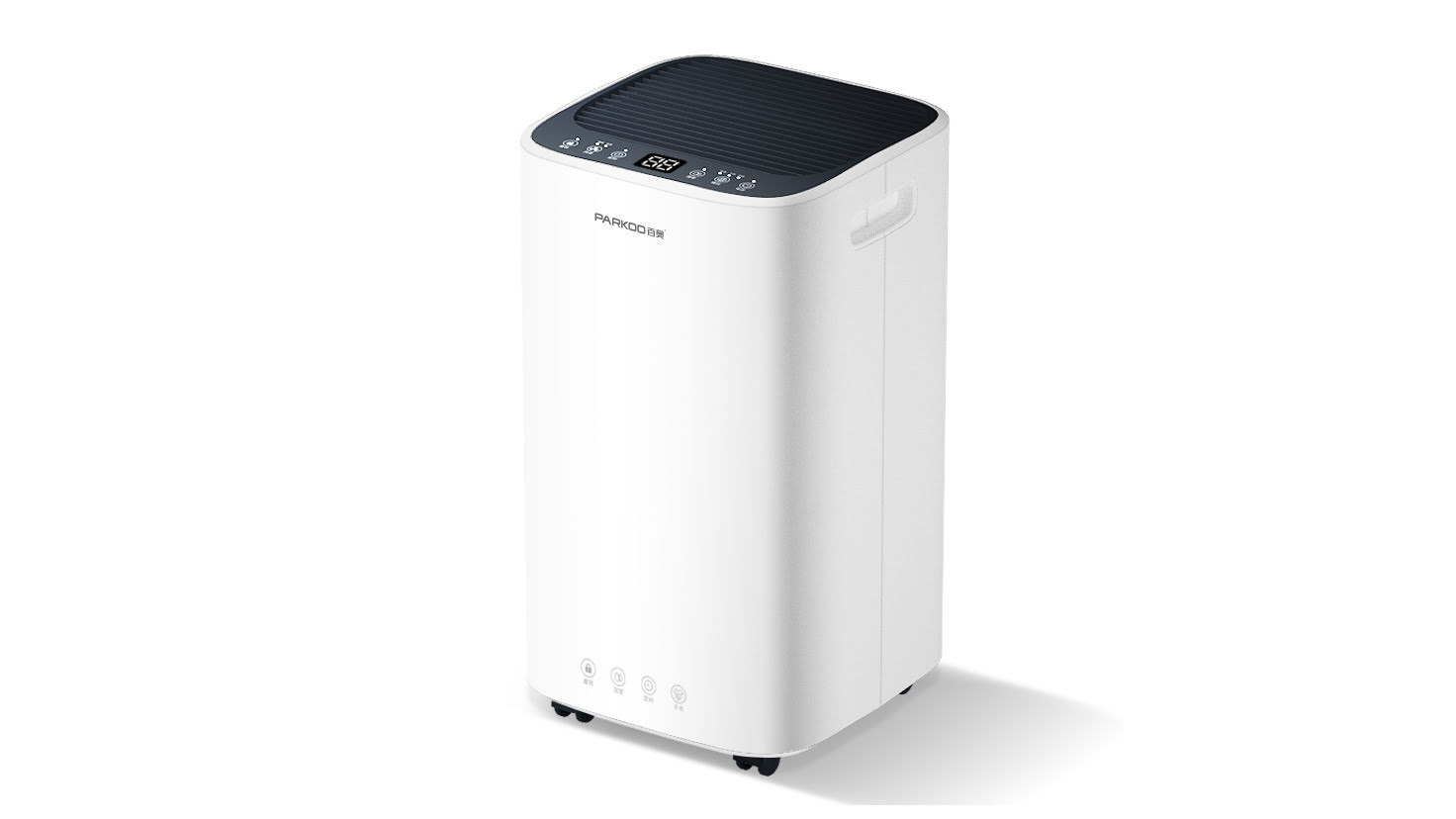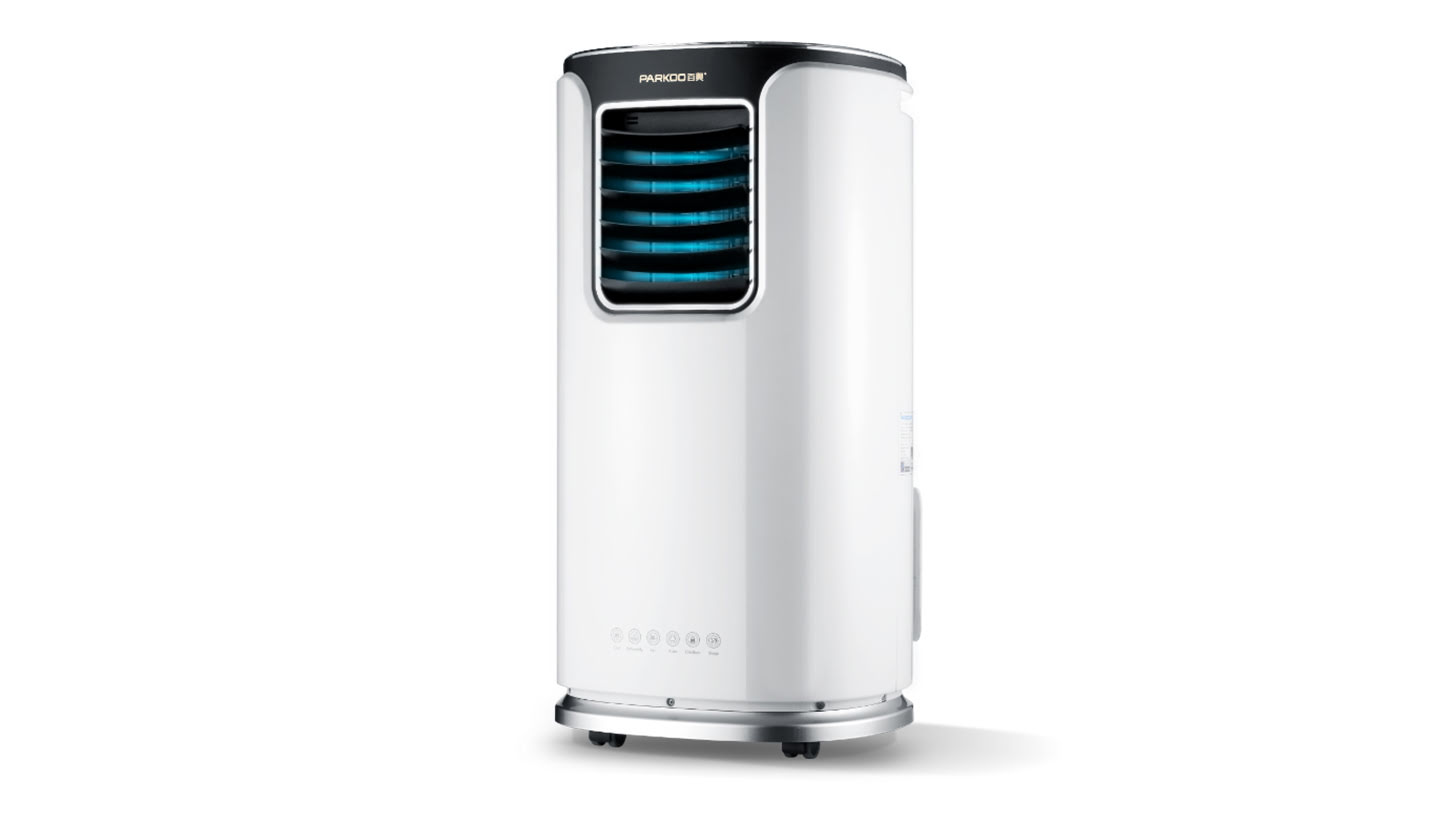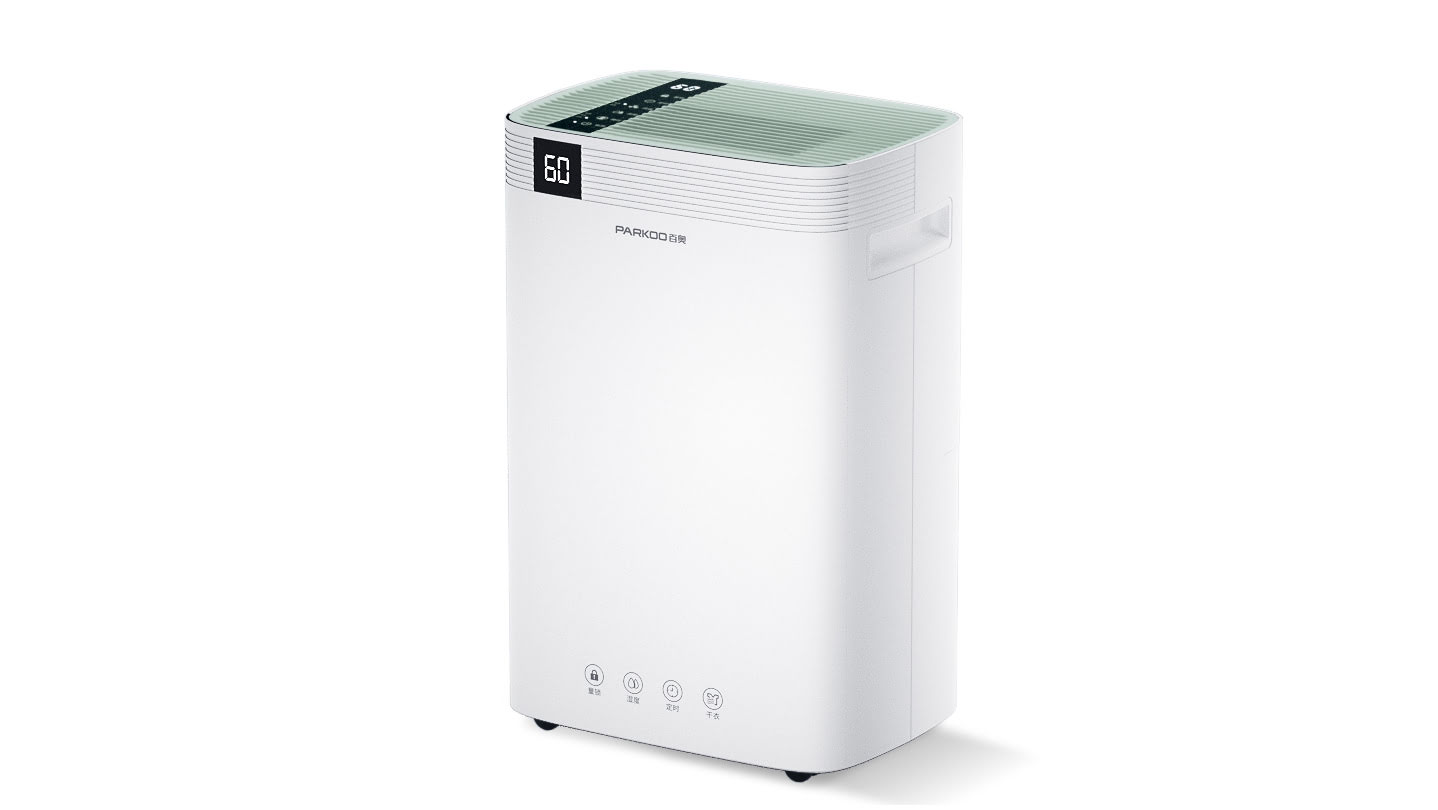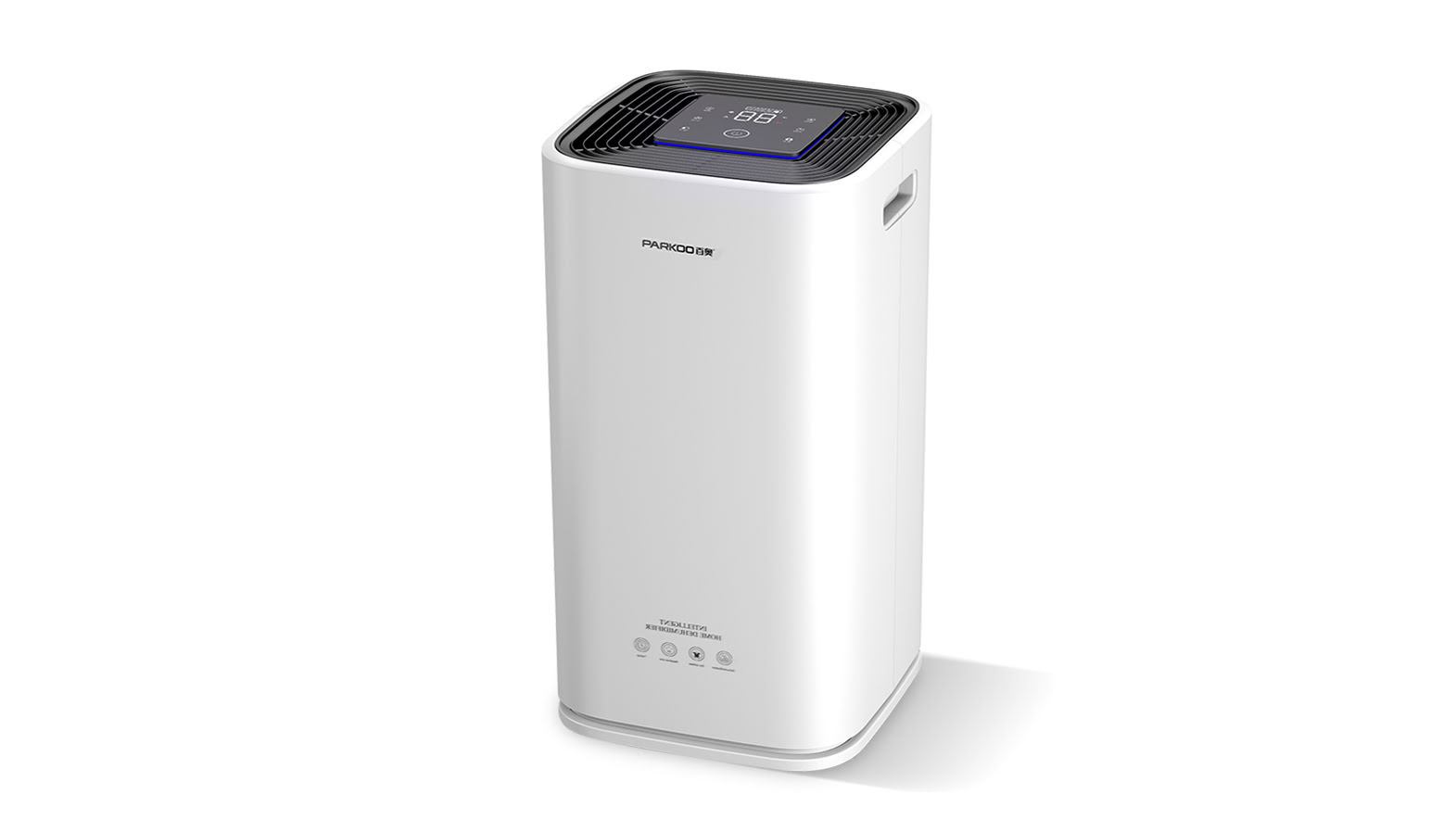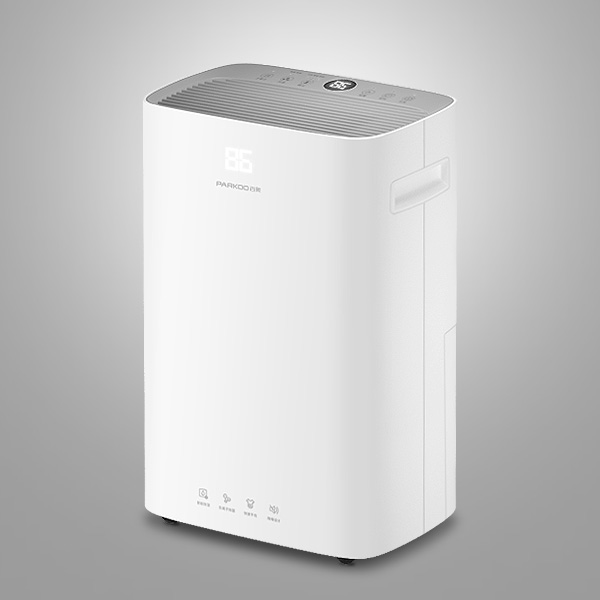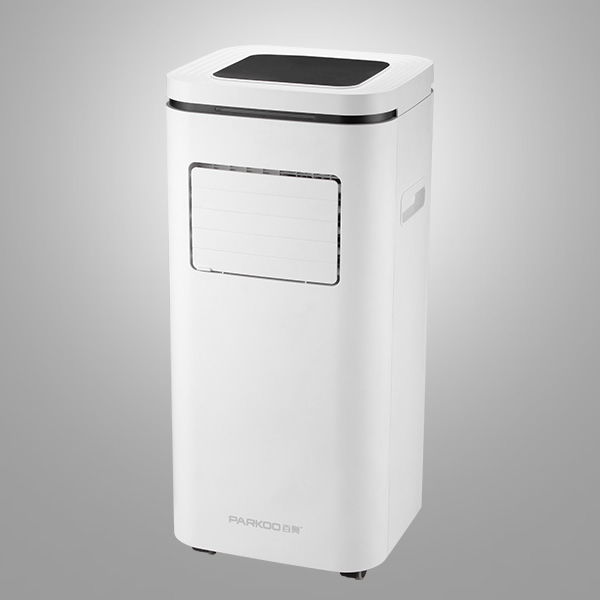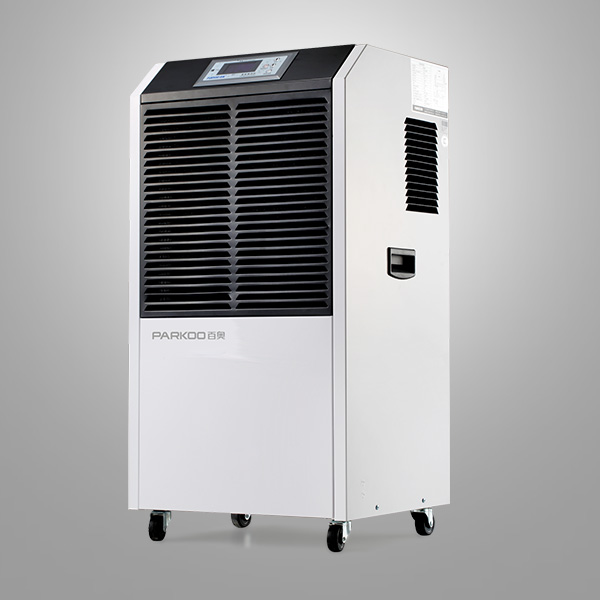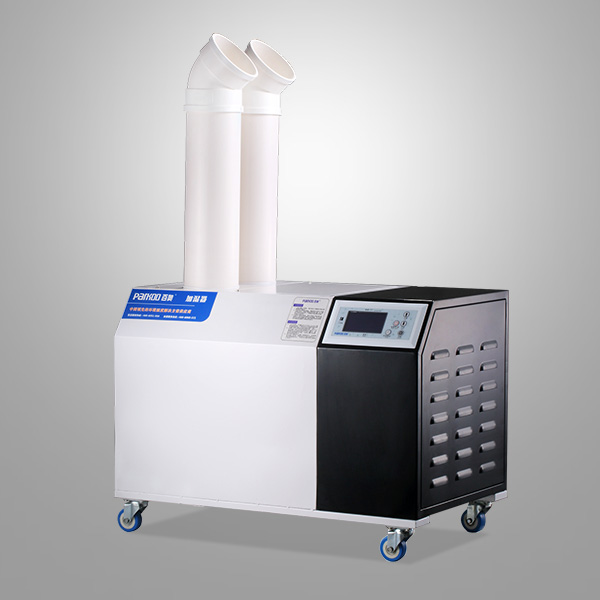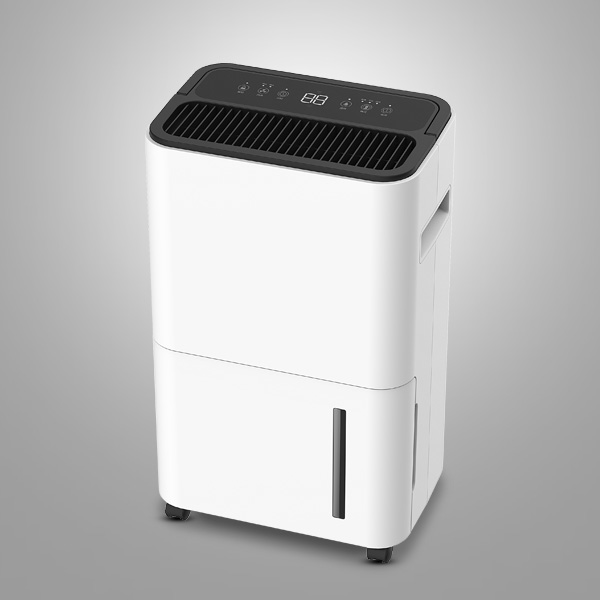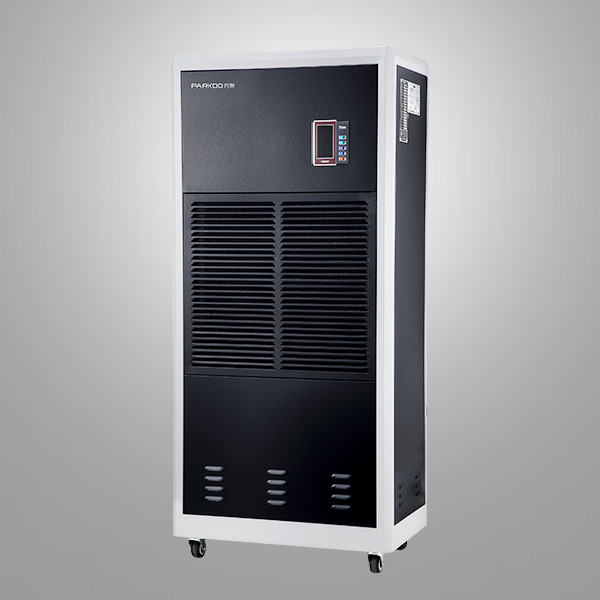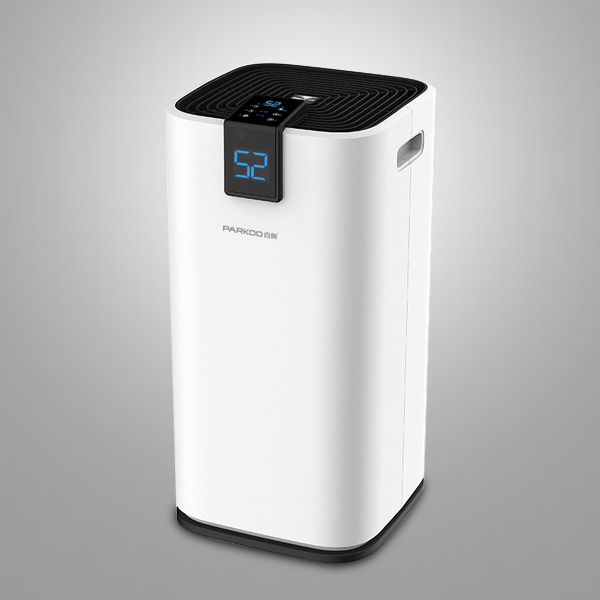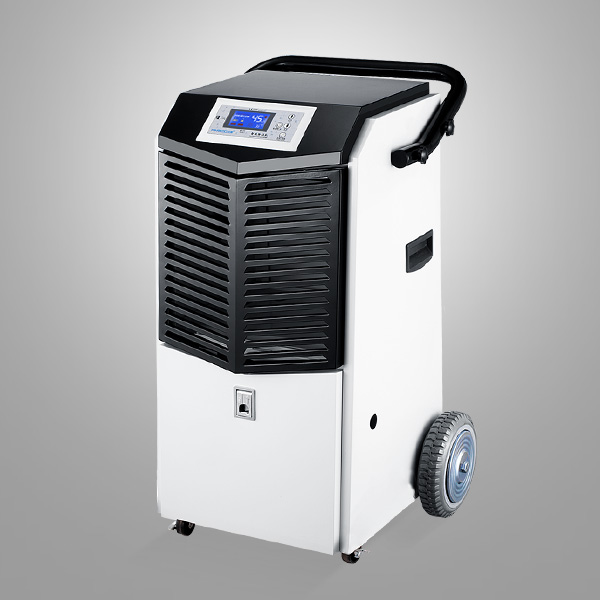1. In order to Improve performance, modern optical lenses are coated with multiple layers of polymer materials on the surface of the lens. this layer of synthetic material provides rich nutrition for the Growth and reproduction of mold. The mold decomposes the components of the film on the surface of the optical lens for growth and reproduction, and the mycelium spreads on the lens surface in the form of branches, which makes the light transmission and imaging performance of the lens worse until the Mycelium covers the entire lens. To ensure the safety of optical lenses, they should be stored in an Environment with a relative huMidity of around 40%
2. Magnetic recording materials. Magnetic recording materials are all made of polymer materials with a base, which contains plasticizers, dispersants, etc., which are suitable for mold decomposition and absorption. Although various magnetic recording material companies have added mold inhibitors to their production to some extent, the so-called" Mold proof disk" There is no guarantee that the disk will not grow mold at all, it is just a difference in probability and speed. In fact, as long as the relative humidity of the environment is contRolled at 40%, the goal of safe storage can be achieved
3. The image film information Carrier is composed of a polymer material substrate and surface coated organic pHotosensitive materials, suitable for mold decomposition. Especially the photosensitive film on the surface is most susceptible to mold invasion. Photographic film latex layer photosensitive film is also prone to hydrolysis Due to Moisture, damaging the film image. after mold growth, oxalic acid substances excreted by mold can corrode silver paRTicles and dye images. The Ideal long-term storage environment for photographic film is a relative humidity of 40%, a temperature of 1-8 degrees Celsius, and a Purified ambient air, which can achieve the goal of safe storage
4. Optical recording of electronic information media. Optical recording records signals by recording Small pits on the surface of the optical disc, and then coating it with an aluminum film to reflect the signal. However, the plastic protective film on the surface of the optical disc has the property of penetrating trace amounts of water. In high humidity Environments, the brightness of the aluminum film will be oxidized by the electrochemical action generated by water, resulting in a decrease in brightness, which can Cause the optical disc to be unable to read or misread signals, Causing inability to play and use properly and scrapping. Therefore, to Prevent oxidation, Storing the disc in an environment with a relative humidity of 40% can ensure safety
5. The vast majority of electronic devices require storage under dry conditions. otherwise, the capacity of capacitors will decrease when they beCome Damp, and internal faults may occur in integrated circuits and other components when they become damp; dampness can also oxidize the pins and connectors of computer CPUs, board cards, gold fingers, and electronic equipment, leading to Poor contact or poor solderability, and crystal oxidation. Storing electronic devices in an environment with a relative humidity of 50% can ensure safety
6. There are many varieties of precision machinery, instruments, and high brightness Metal precision machinery, such as precision instruments such as spectrometers and high-precision Balances, precision measuring tools such as block gauges, as well as other precision measuring, measuring, processing, experimental and other precision mechanical Products and high brightness metal items. even oxidation caused by trace amounts of water can lead to misalignment, decreased accuracy, reduced brightness, reduced working performance, and even scrapping, modern precision instruments often have electronic components, which can also cause malfunctions when exposed to moisture. Storing it in a 50% relative humidity environment can ensure safety
7, powder material COPier toner, powder drugs, powder metallurgy materials, powder chemical materials, milk powder, coffee and other powder materials will be deliquescent, caking, or change in properties and Chemical composition, resulting in loss of Efficacy, thus affecting use or scrap. Storing it in an environment with a relative humidity of 30-40% ensures safety
8, chemicals, medicines, spices, many kinds of chemicals and medicines can cause changes in composition and properties after being affected with moisture. Some western medicines, traditional Chinese patent medicines and simple preparations, Chinese medicinal materials, etc. will reduce the composition and efficacy or have adverse changes after being affected with moisture, and will be scrapped after growing mold. Spices can cause loss of aroma, and the binder can solidify in an instant. Storing it in a 50% relative humidity environment ensures safety
9. Paper, wooden, silk, and leather products are widely used in archival materials, literature, cultural relics, calligraphy and painting, stamps, photos, and various Important bills, filter papers, test papers, etc. Wooden products, silk products, leather products, etc. are widely used in various aspects of life, as well as in art and antiques. They all contain a large amount of cellulose, which can be decomposed into glycogen and absorbed by mold after being damp, Making them highly susceptible to mold invasion. The chemical test paper is also unable to indicate normally due to changes in its composition. Storing it in a 40% relative humidity environment ensures safety
10. Tobacco, grains, Tea leaves, seed tobacco, grains, tea leaves, Seeds, etc. are highly susceptible to moisture and damage: tobacco, grains, tea leaves will taste moldy, and seeds will not germinate if moldy. especially if a large amount of the above-mentioned items are stored in a large area of moldy and rotten wareHouses, the losses caused are even more shocking. Storing it in a 50% relative humidity environment and timely flipping can ensure safety
